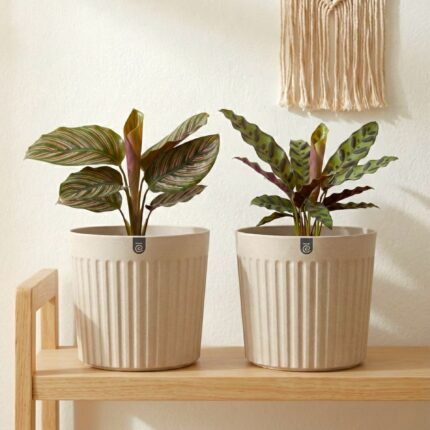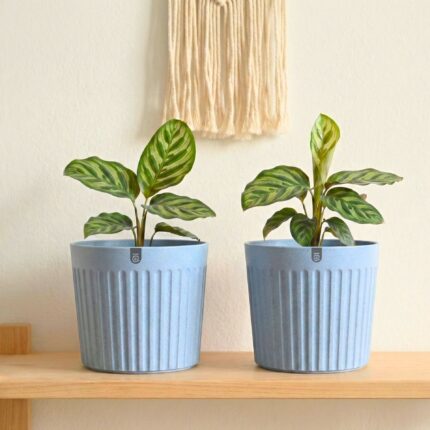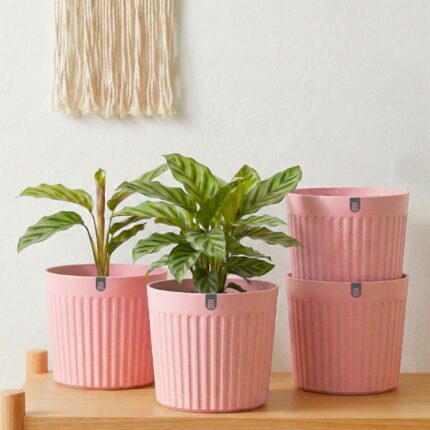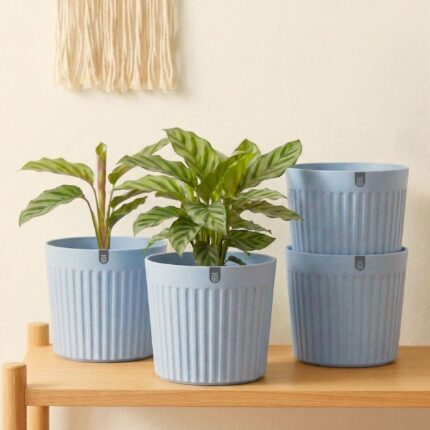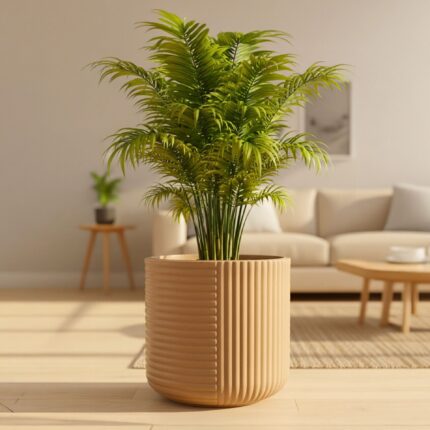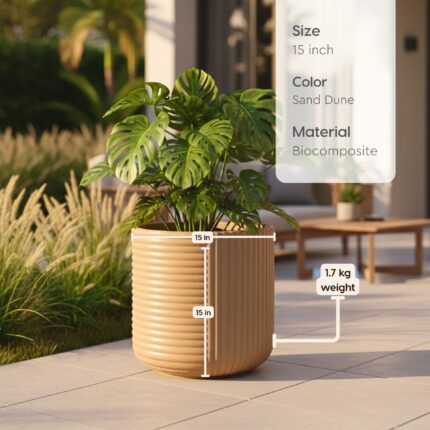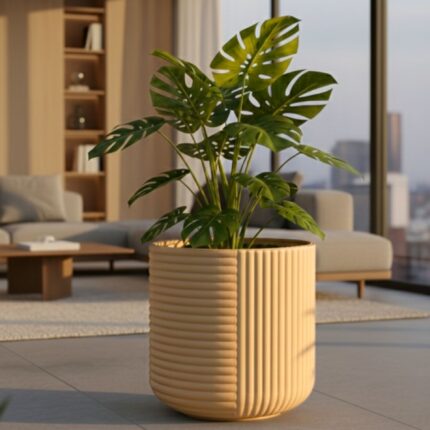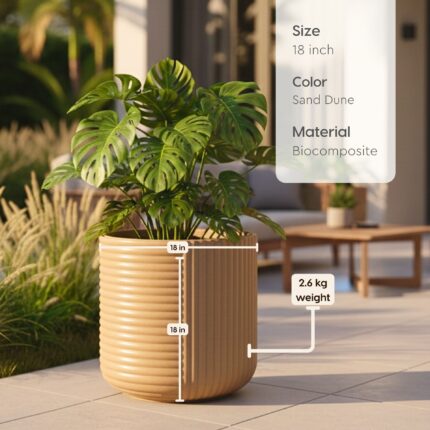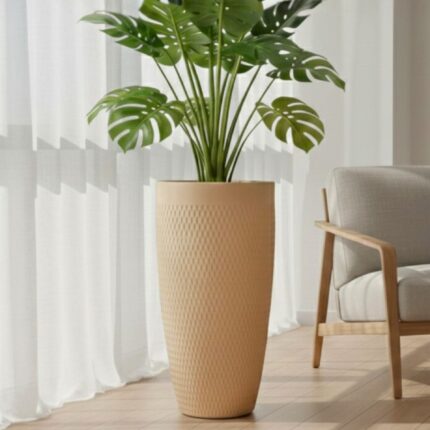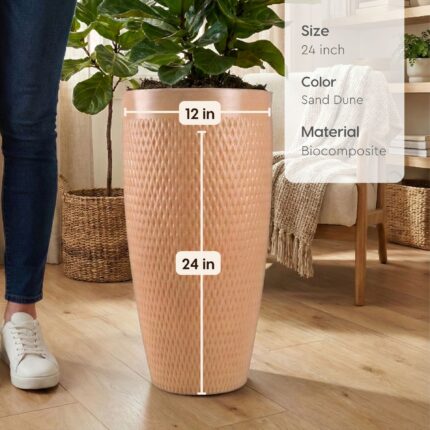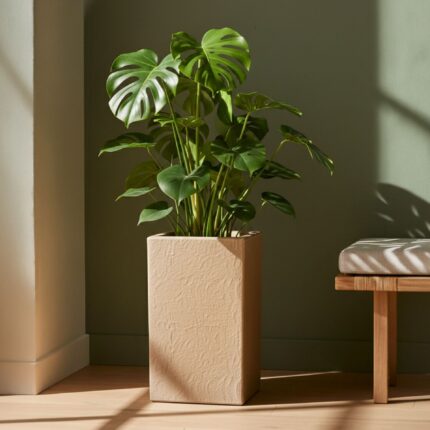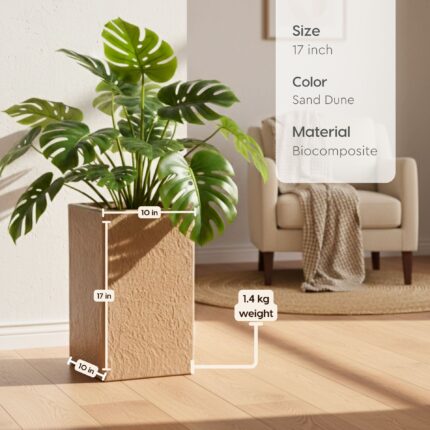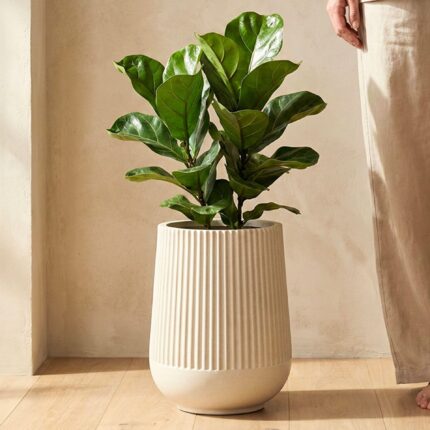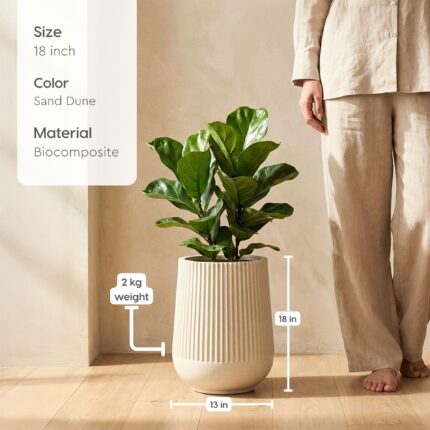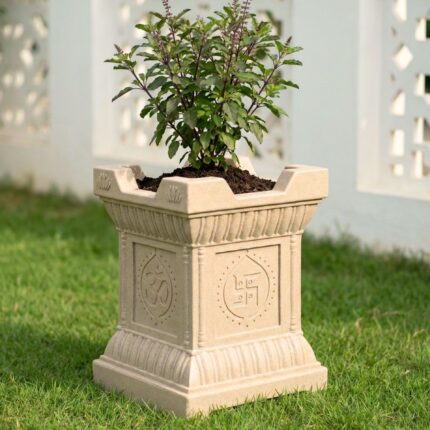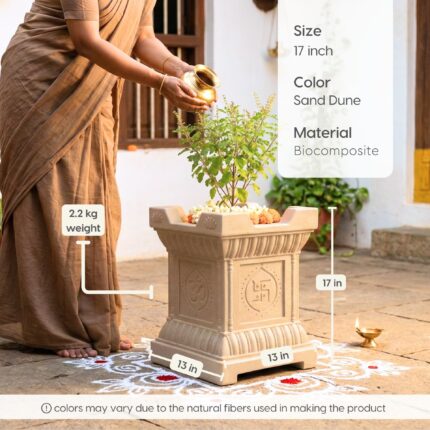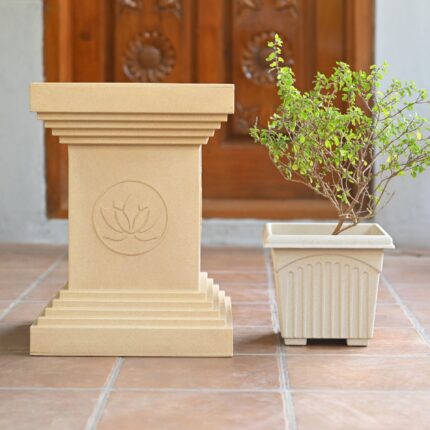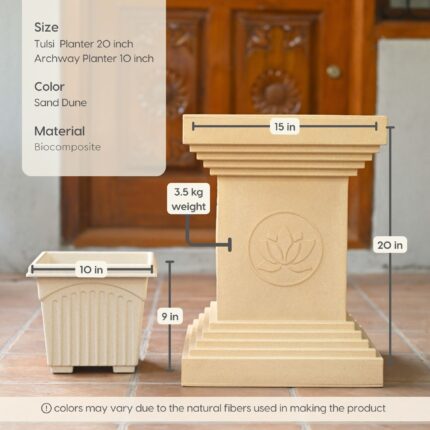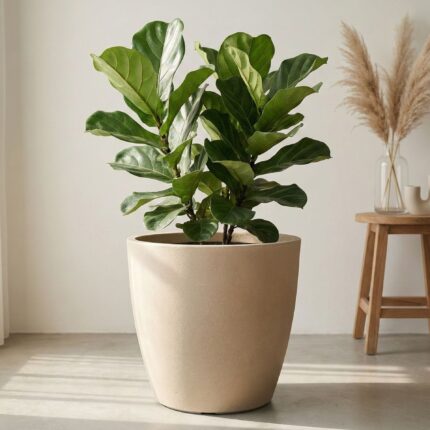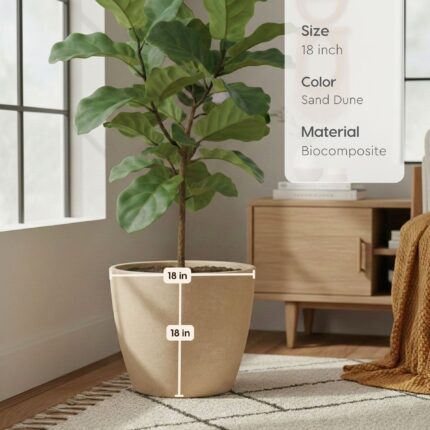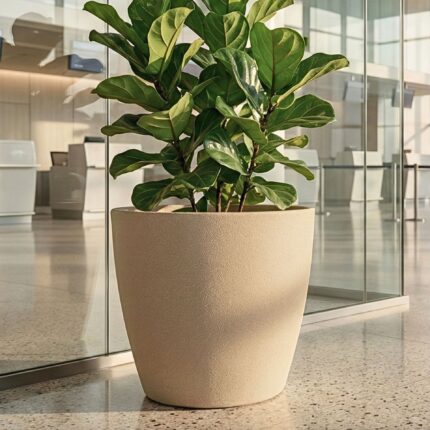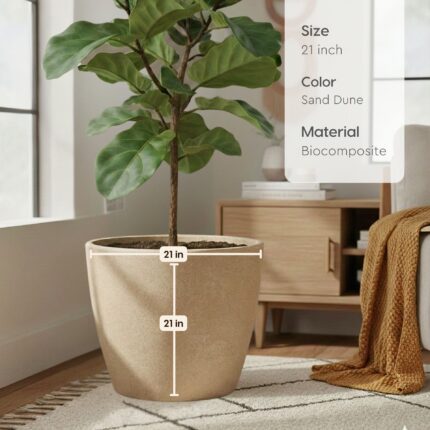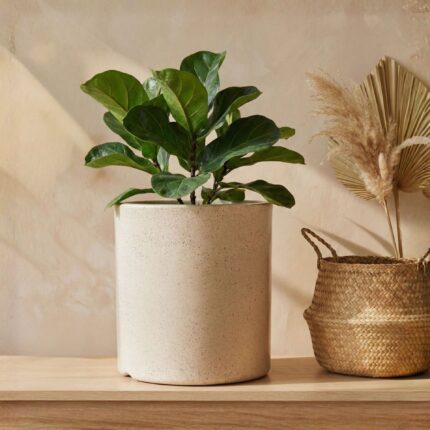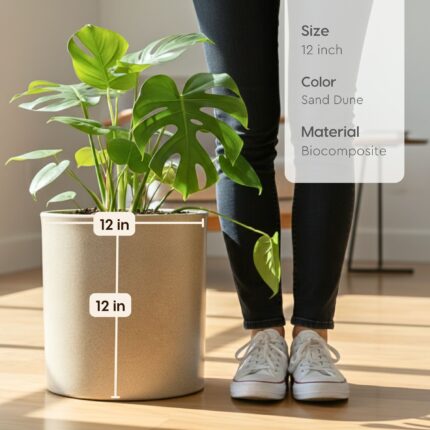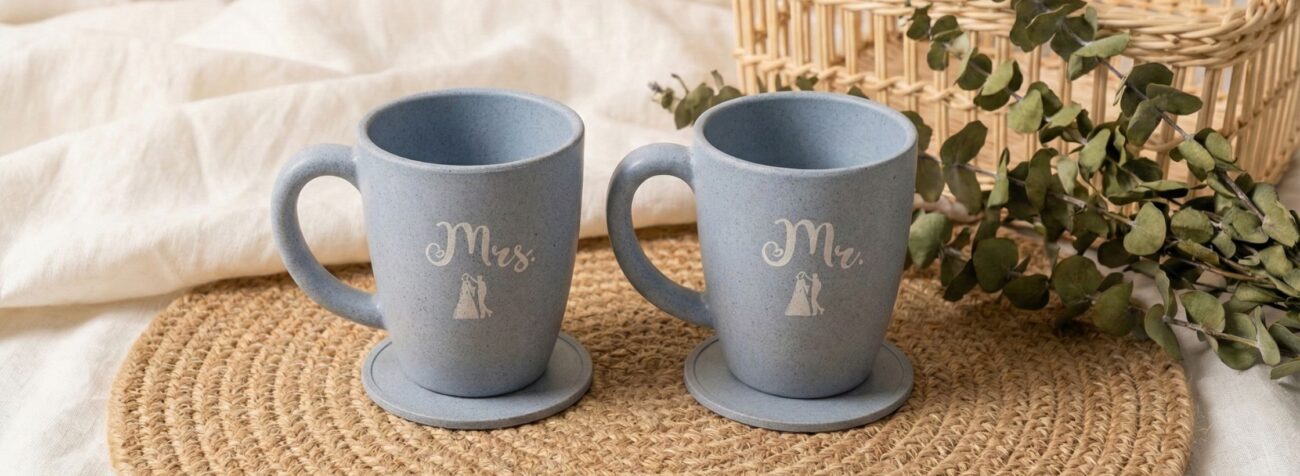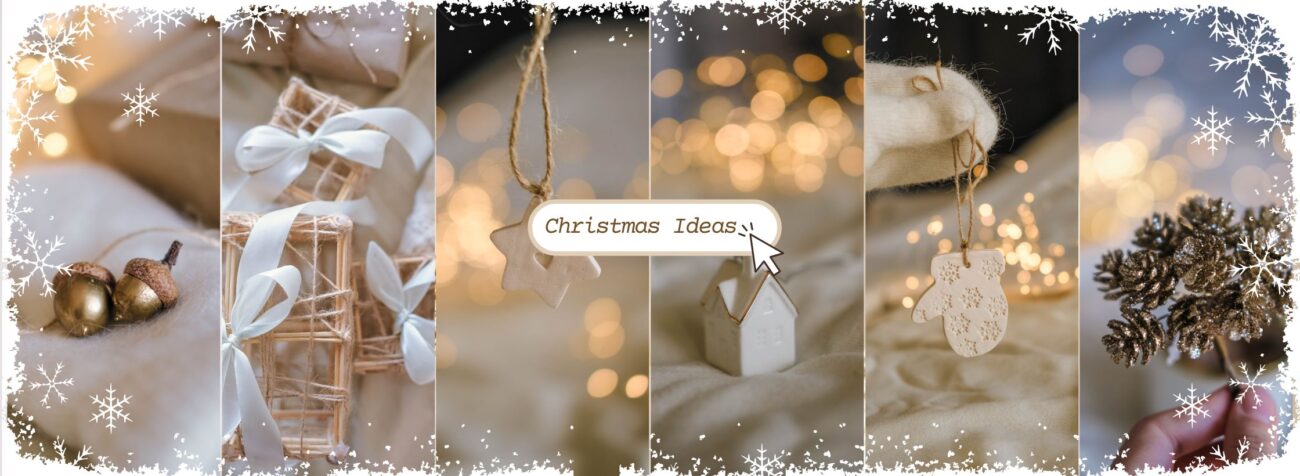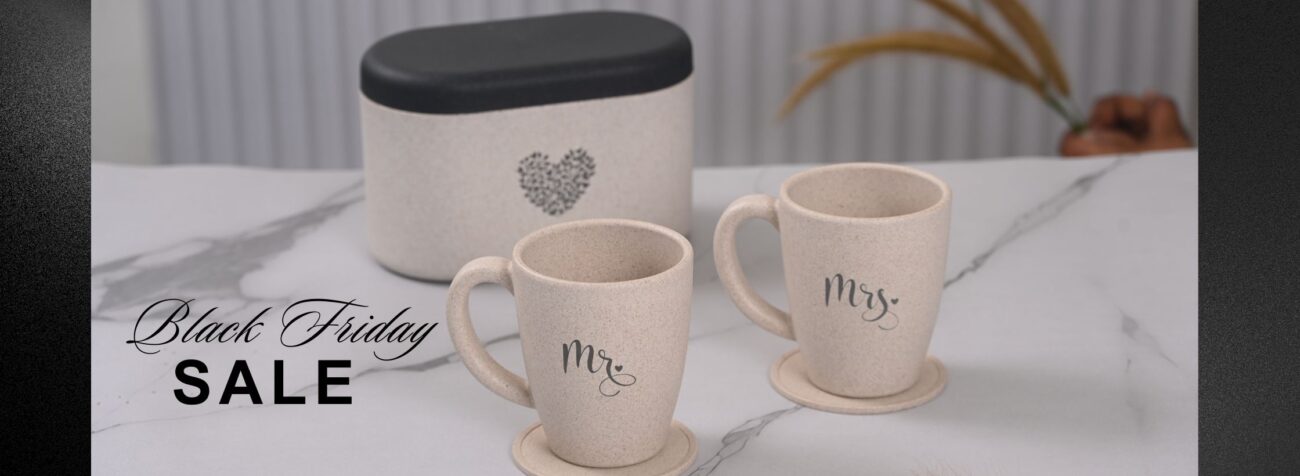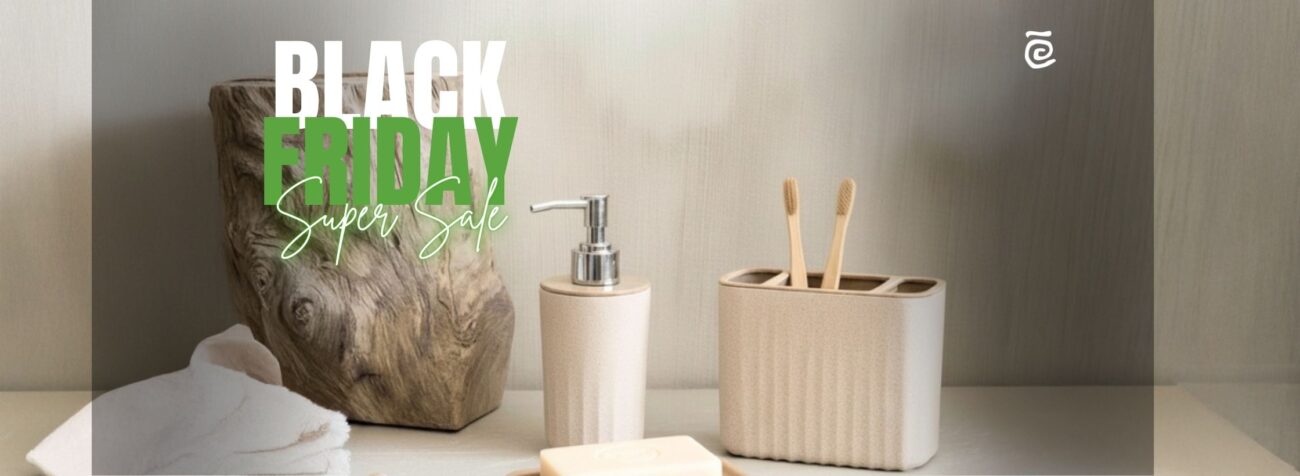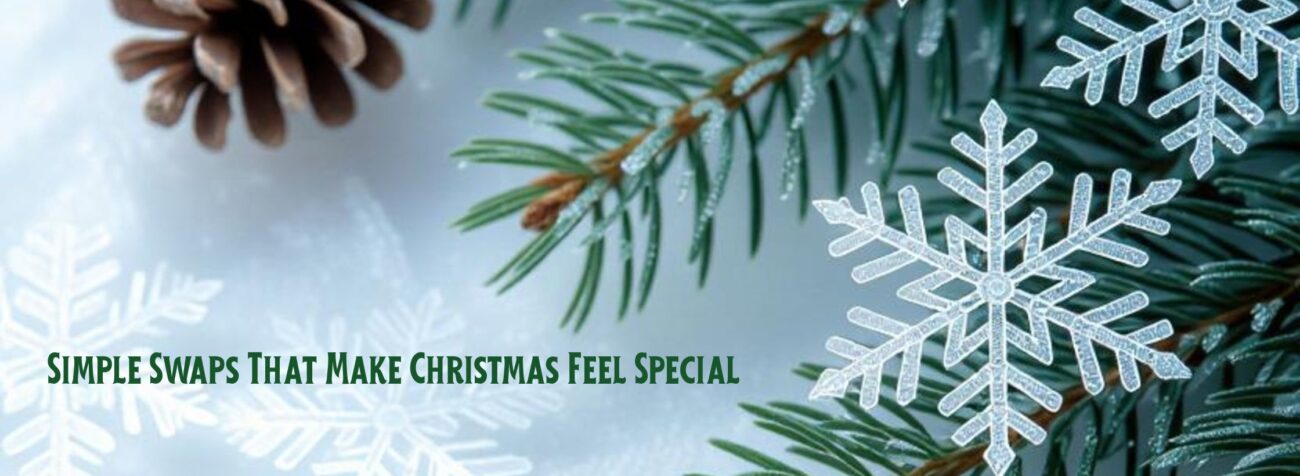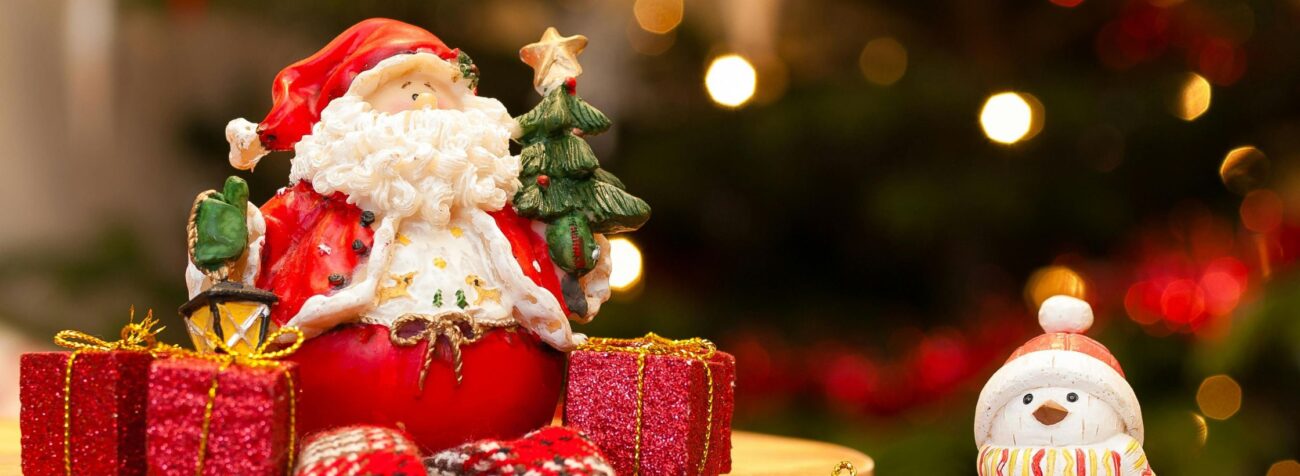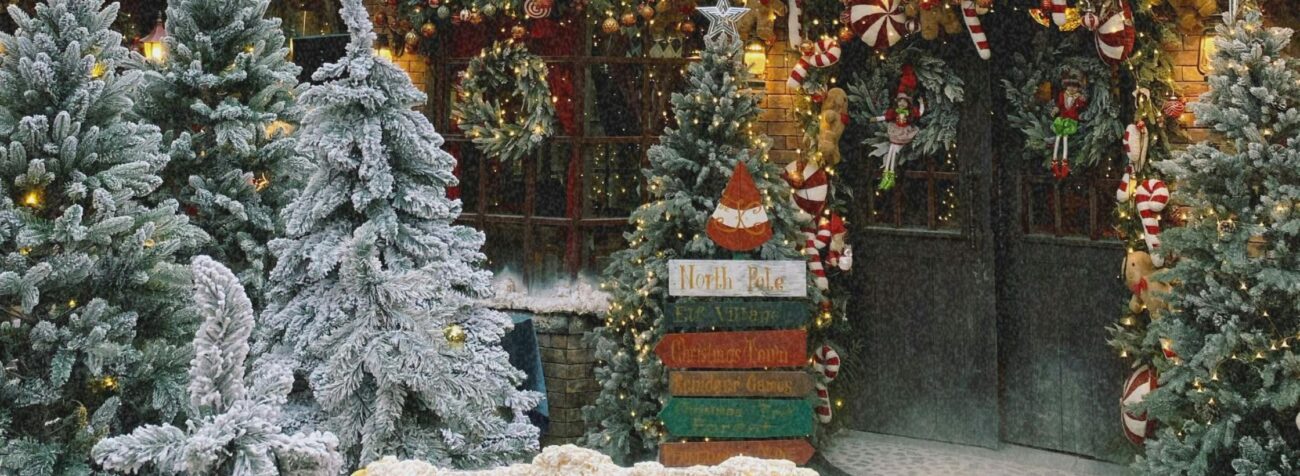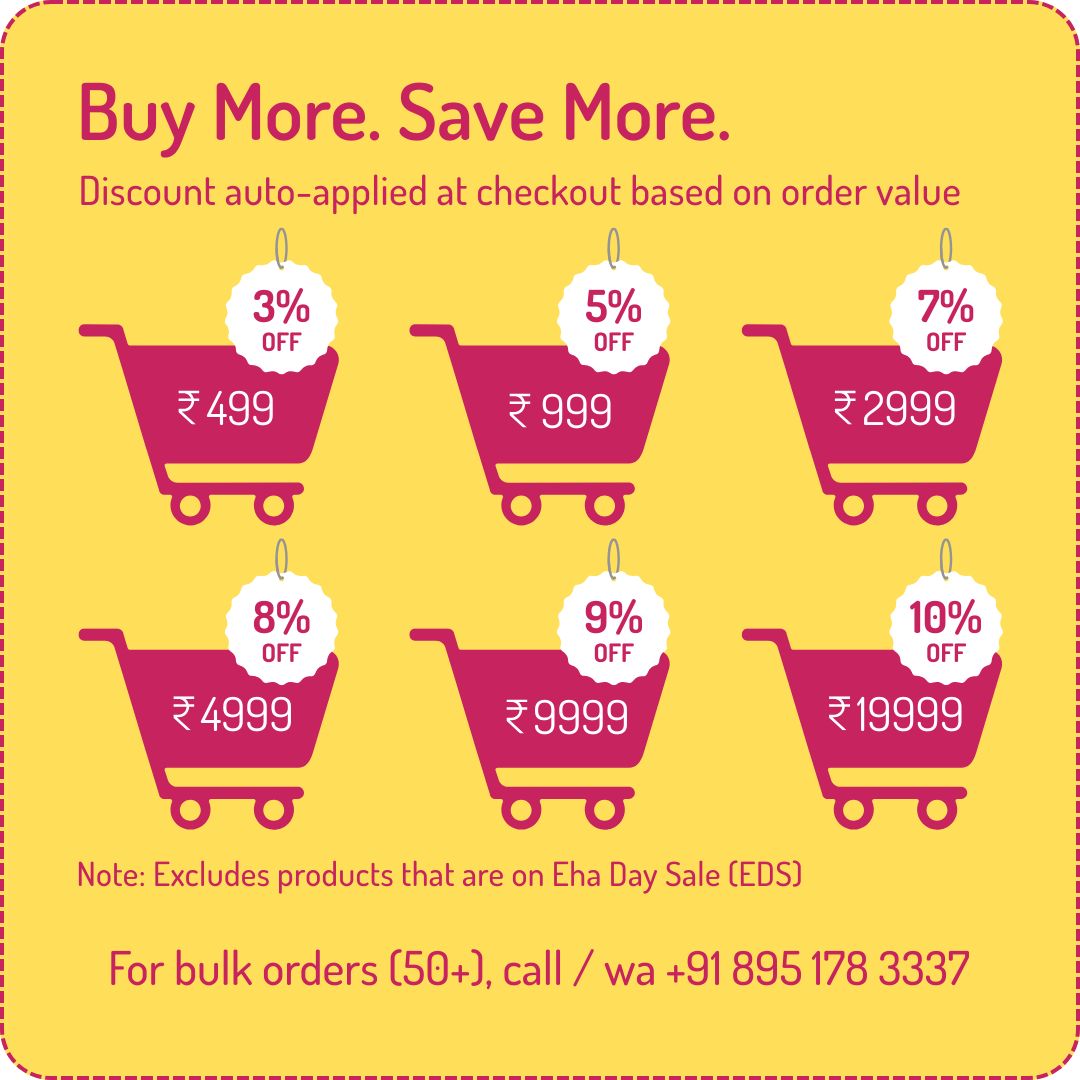Passion Meets Purpose: The Power of Everyday Conservation
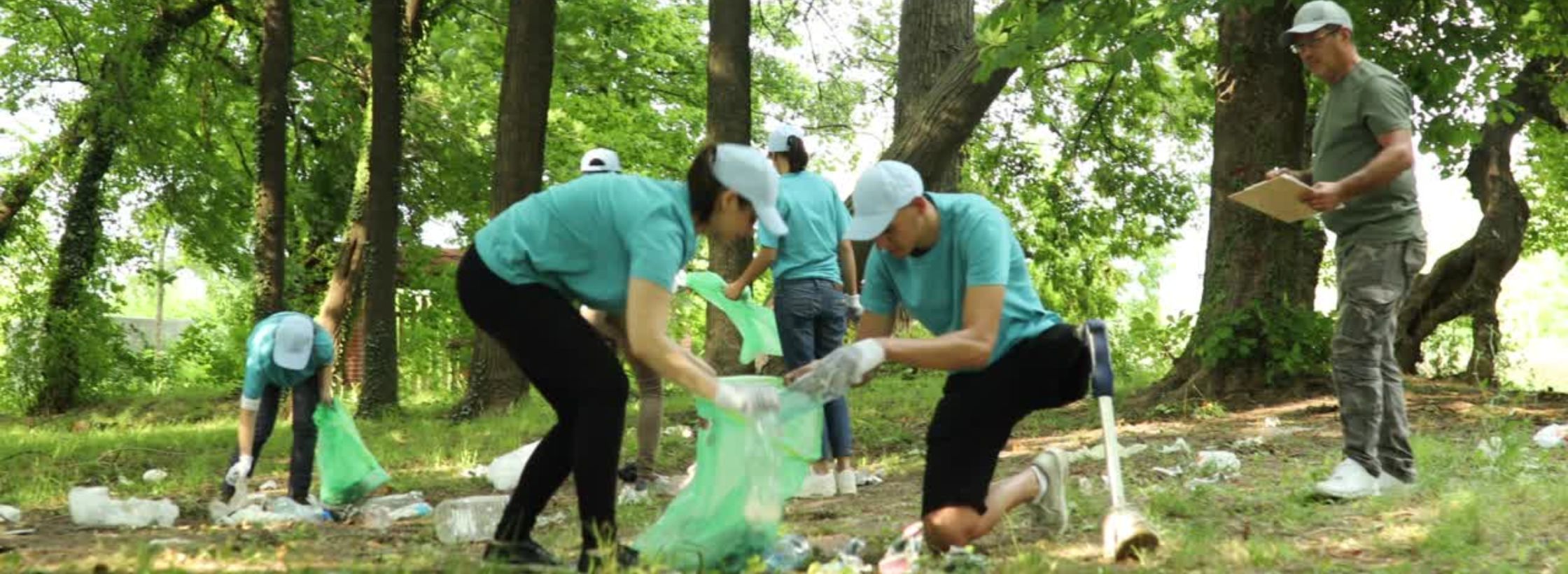
Passion Meets Purpose: The Power of Everyday Conservation
Everyday conservation starts with simple choices like reusing a mug, composting kitchen waste, or choosing sustainable tableware over single-use plastic.
Ever catch yourself wondering: “Am I doing enough?” You’ve swapped plastic cups for bamboo mugs, and upcycled plant pots, but still worry—does it actually matter? Can one durable bowl really make a dent in environmental conservation? Let’s sit over a cup and break it down.
Passion Meets Purpose: The Power of Everyday Conservation
We’re not here to preach. We’re a company using everyday conservation in product design—think eco mugs, planters, storage trays—and sharing how passion for conservation can turn mundane habits into real change.
Real worries turning into real action
worries people:
Clutter from single-use plates, cups, and takeaway tableware?
Concern about open crop-burning adding pollution or warming the air?
Feeling guilty about throwing yet another plastic tray away?
Here’s where everyday conservation comes in. Choosing a reusable tumbler or natural-fiber tray isn’t just decor—it’s a step toward environmental conservation.
Everyday conservation at home or office (our style chat)
Imagine this like a friendly coffee moment, sharing tips that actually stuck:
Swap plastic tumblers for fair-trade bamboo cups, cutting plastic waste and supporting artisan livelihoods.
Use naturally derived tableware — biocomposite bowls, sustainable mugs—eco friendly habits that cut resources and are microwave + dishwasher-safe.
Store excess food or dry stuff in durable jars or trays instead of plastic packets—everyday conservation in action via circular economy use.
Upcycle an old mug into a desk pen stand or planter setup. That’s passion for conservation turned playful and useful.
Coffee-chat stories of conservation
A friend used our reusable tumbler sets at work and cut plastic bottle usage by 40%—everyday shift.
Another swapped plastic chai cups for bio-fiber mugs during family gatherings, then composted scraps in her garden; solid environmental conservation move.
We shipped a hamper with cups and planters made from biomaterials. The recipient smiled—said it was the gift that felt responsible, not wasteful.
Keep it fresh and search‑friendly
Update these ideas every quarter:
Post refreshed images and infographics about resource-saving stats tied to your products.
Use visuals: like our mug image captioned “Durable biomaterial cup supporting environmental conservation,” sprinkling in keywords.
On product pages, share stories of artisans using circular economy, upcycle, climate action—gives depth, not jargon.
This keeps search engines happy and readers engaged.
Quick tips to humanize brand voice
Write as a brand talking to customers—not a robot or a personal diary.
Let mistakes in phrasing slip—makes tone more human. (Yep we might misplace a comma now & then.)
We mention everyday conservation casually, eight times across titles and body—but never forced.
Our tone: simple, real, relatable.
Final thoughts
Passion for conservation meets purpose when everyday habits add up—reusable mugs, upcycled trays, compostable bowls, refillable storage. That’s how everyday conservation turns into environmental conservation you can feel proud about.
We’re not just selling durable home and office goods. We’re promoting habits that reduce waste, support circular economy, reduce carbon footprint, and honor fair trade. Keep it fresh, keep it specific, keep it honest—because that’s how small acts become big change.
Let’s make passion for conservation part of daily choices.
Visit eha’s range of sustainable gardenware to choose, made with biocomposite materials using crop-waste such as rice husk, bamboo fibers and coffee husk.
If you are looking at developing new range of earth friendly gifting speak to experts at Mynusco.







